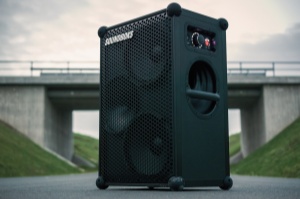Managing professional audio setups across multiple venues or large-scale events can be complex and time-consuming. Cloud-based audio system management offers a modern solution by enabling remote control and monitoring of sound equipment from virtually anywhere.

What Are Cloud-Based Audio Systems?
Cloud-based audio platforms connect your mixers, amplifiers, and processors to the internet, allowing sound engineers to adjust settings, update firmware, and monitor system health remotely. This eliminates the need for on-site intervention, saving time and reducing operational costs.
Benefits of Remote Audio Management
- Convenience: Make real-time adjustments without physically accessing the equipment.
- Collaboration: Teams in different locations can share presets and settings instantly.
- Efficiency: Faster troubleshooting and maintenance reduce downtime.
- Security: Robust encryption and access controls protect your system from unauthorized access.
How Cloud Technology Enhances Collaboration
With cloud platforms, audio professionals can coordinate setups, share audio profiles, and manage projects collaboratively. This is especially useful for touring bands, rental companies, and multi-site venues seeking consistent sound quality across locations.
Challenges and Considerations
Reliable internet connectivity is essential for seamless cloud audio management. Additionally, equipment compatibility and data privacy are key factors to evaluate before adopting cloud solutions.
Future Trends in Cloud Audio Management
Integration with AI and machine learning will further optimize performance by predicting maintenance needs and automatically adjusting sound parameters, improving the overall audio experience.


